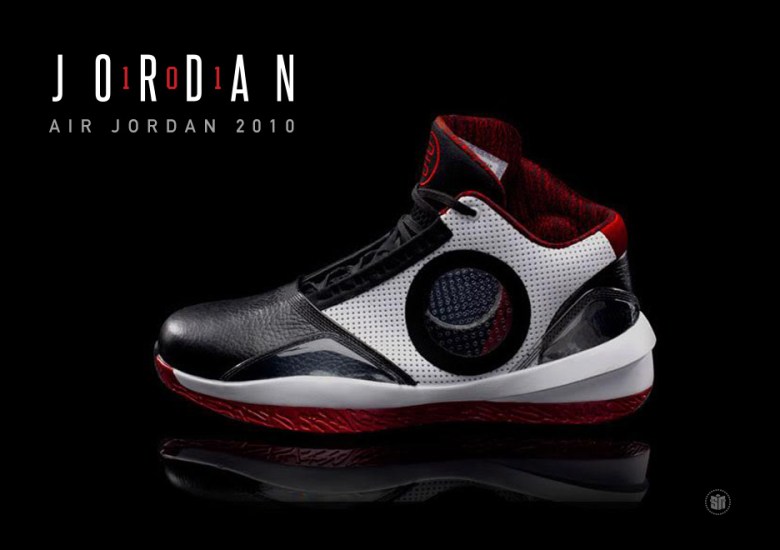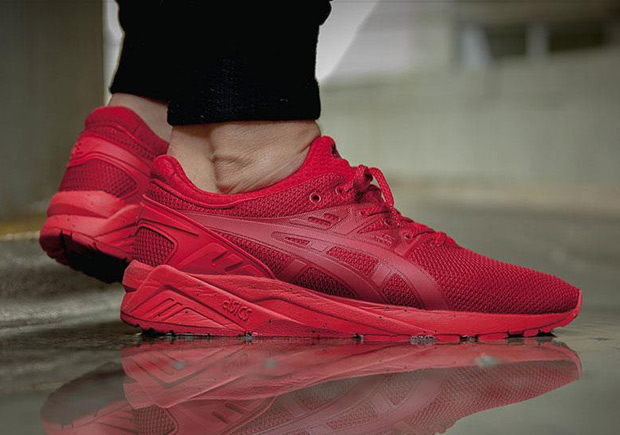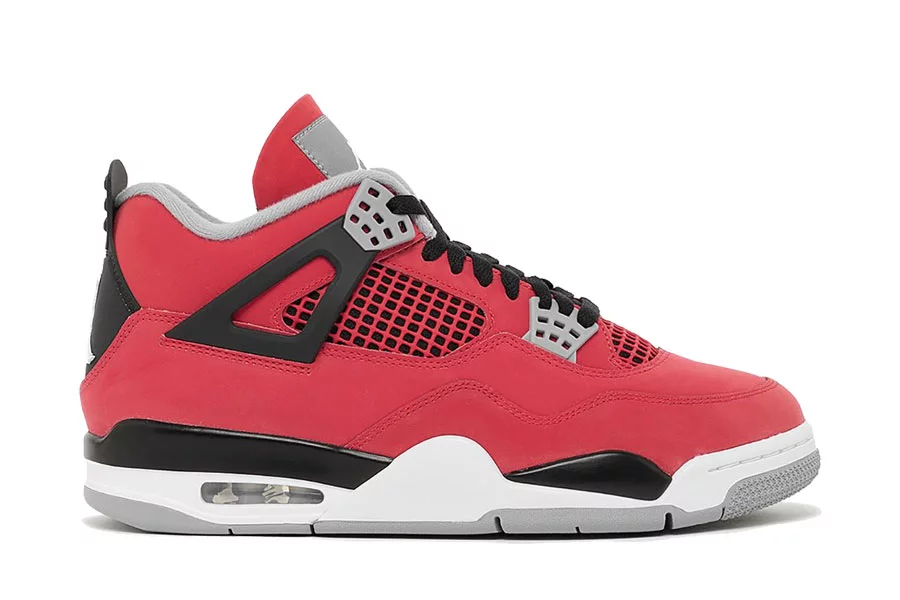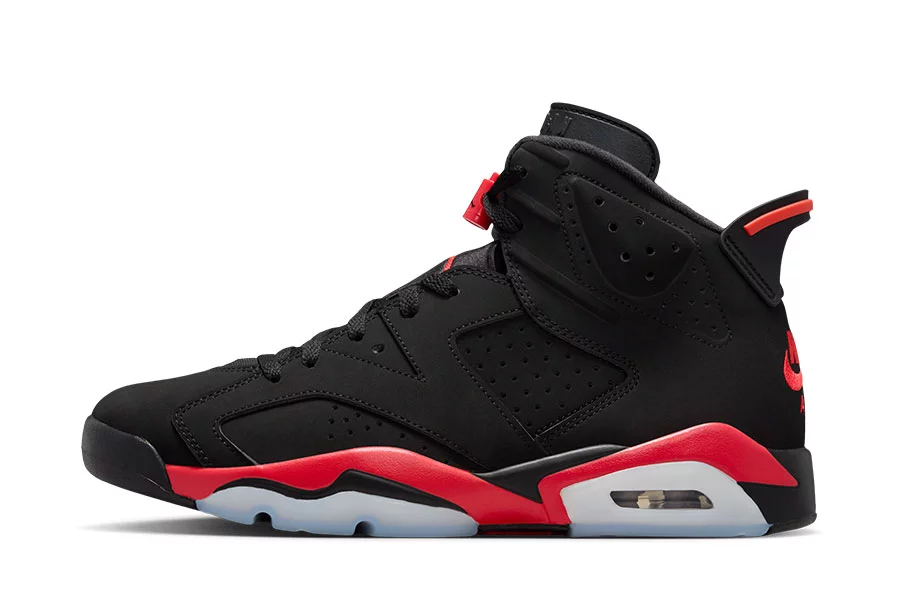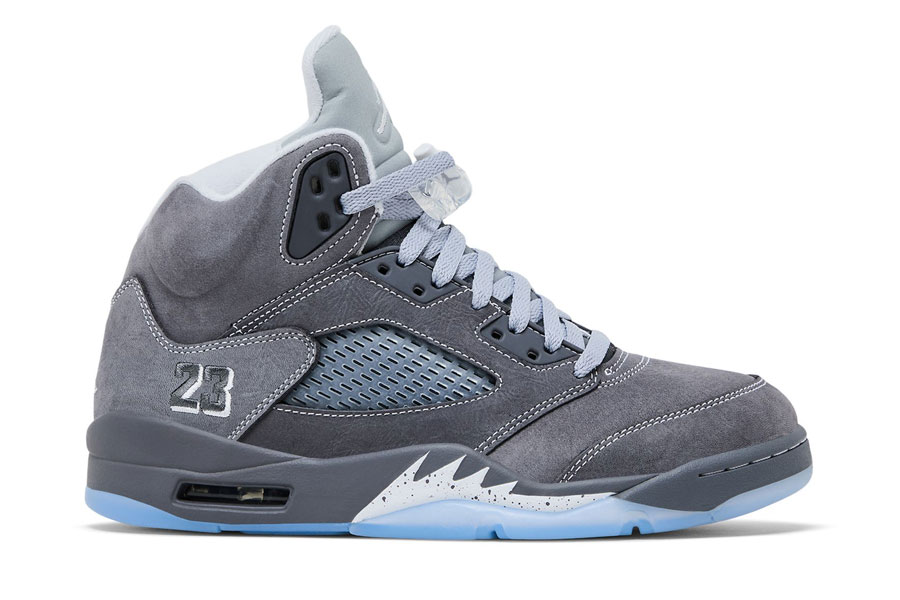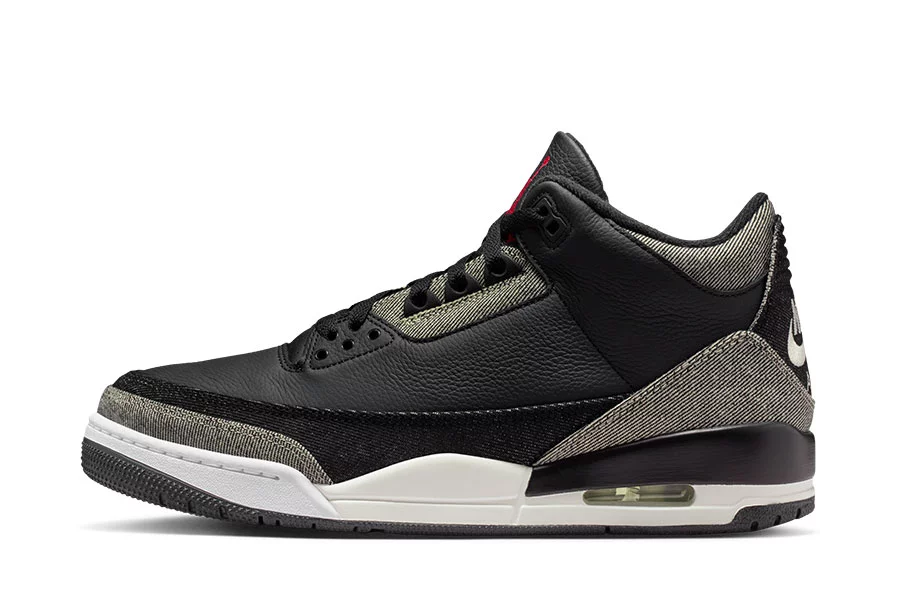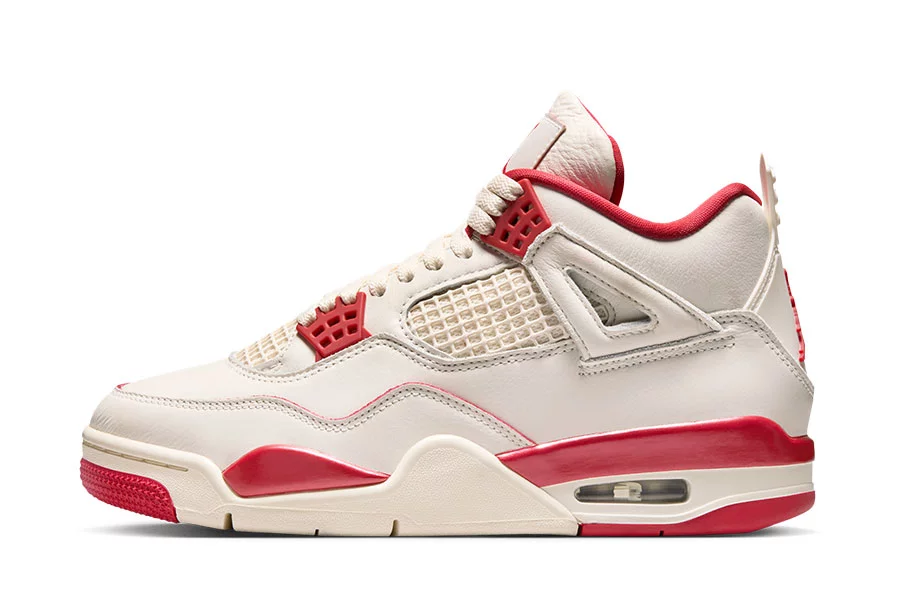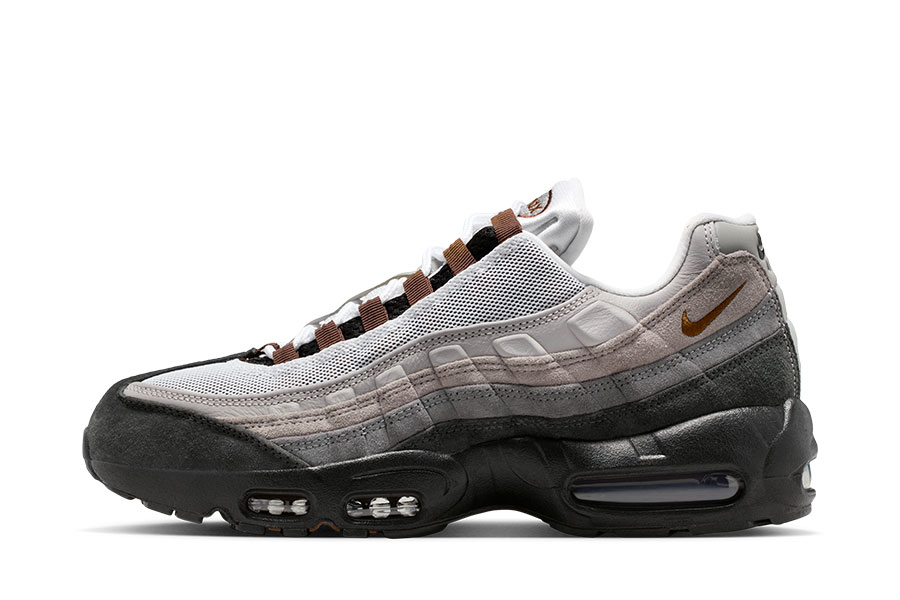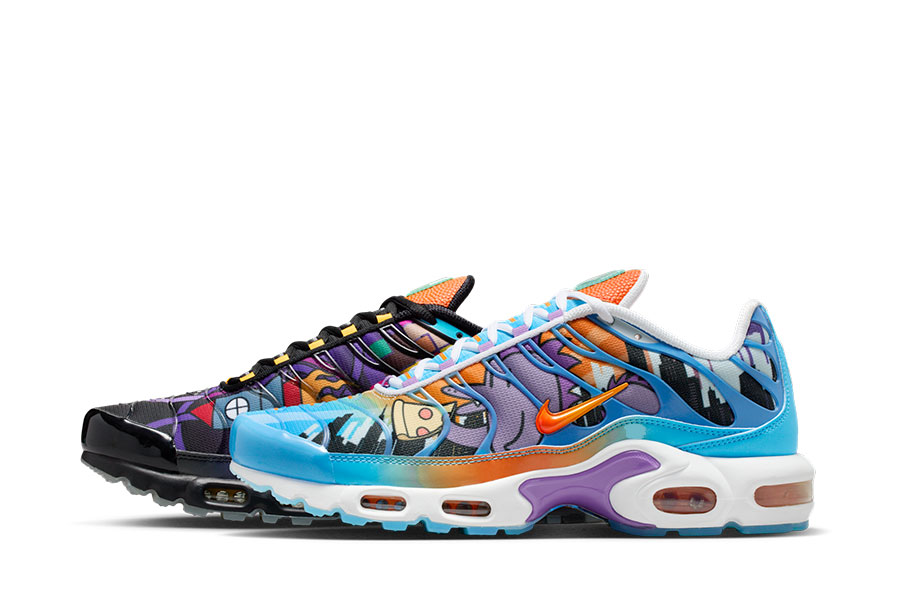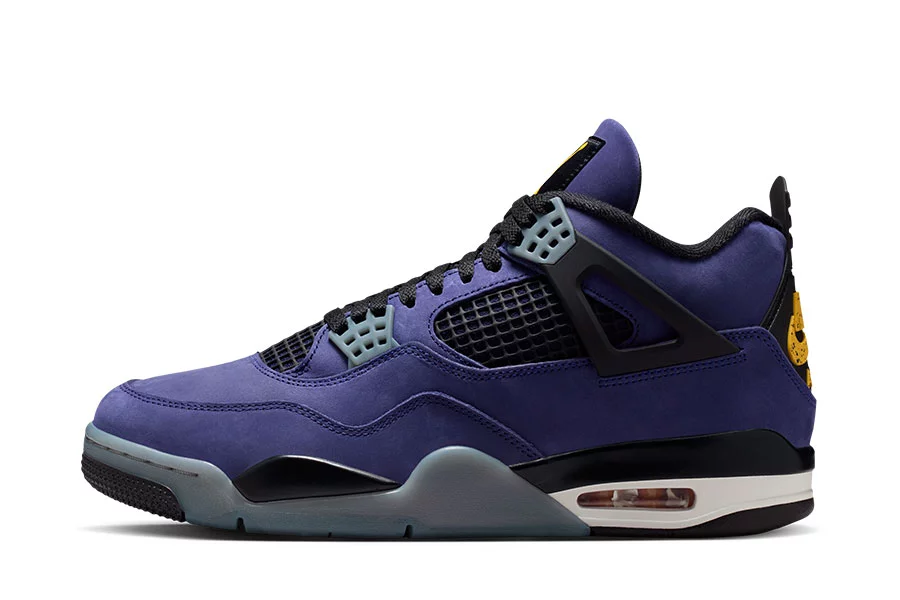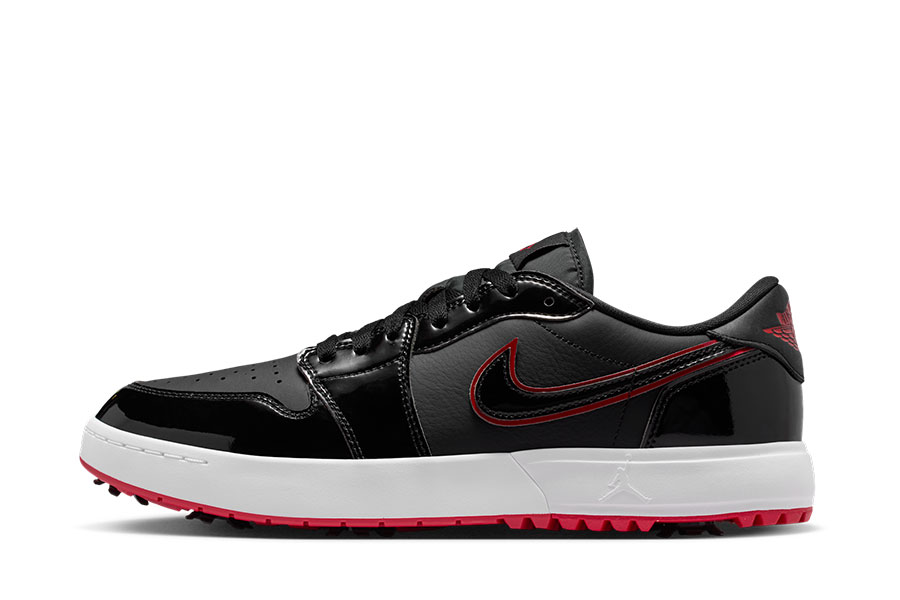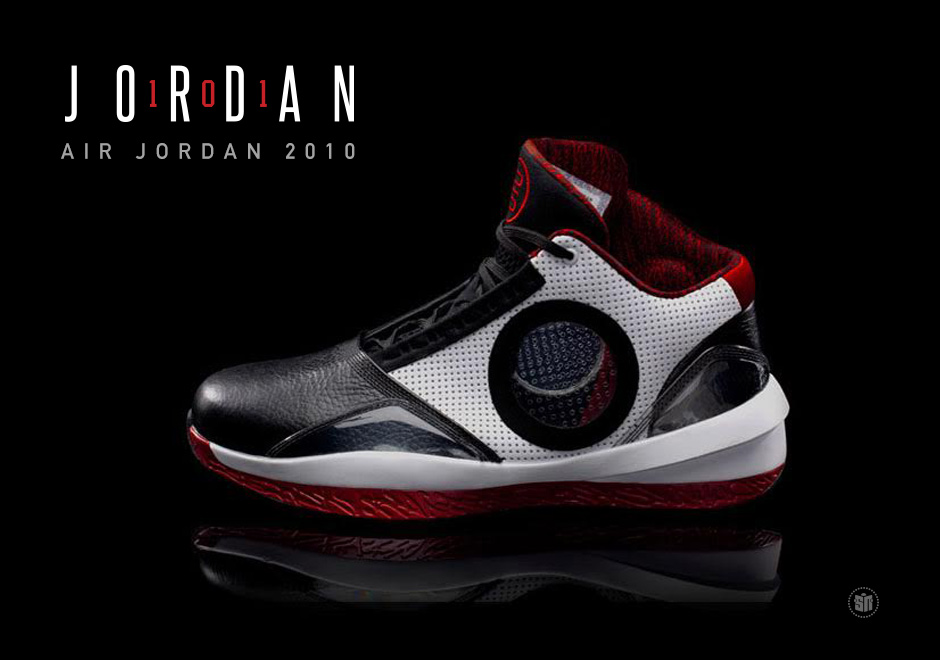
In 2010, Jordan Brand was celebrating their 25th anniversary. Twenty-five years needed a bold and innovative new Air Jordan model with the utmost in performance capabilities, right? Well, that’s exactly what the world got with the Air Jordan 2010. Complete with a see-through window in each shoe, the high-performance of the Air Jordan 2010 was transparent in more ways than one—which you’ll learn in this latest edition of Jordan 101. Continue reading to see all the details of the daringly-designed shoe that many consider one of the best on-court Air Jordans ever.
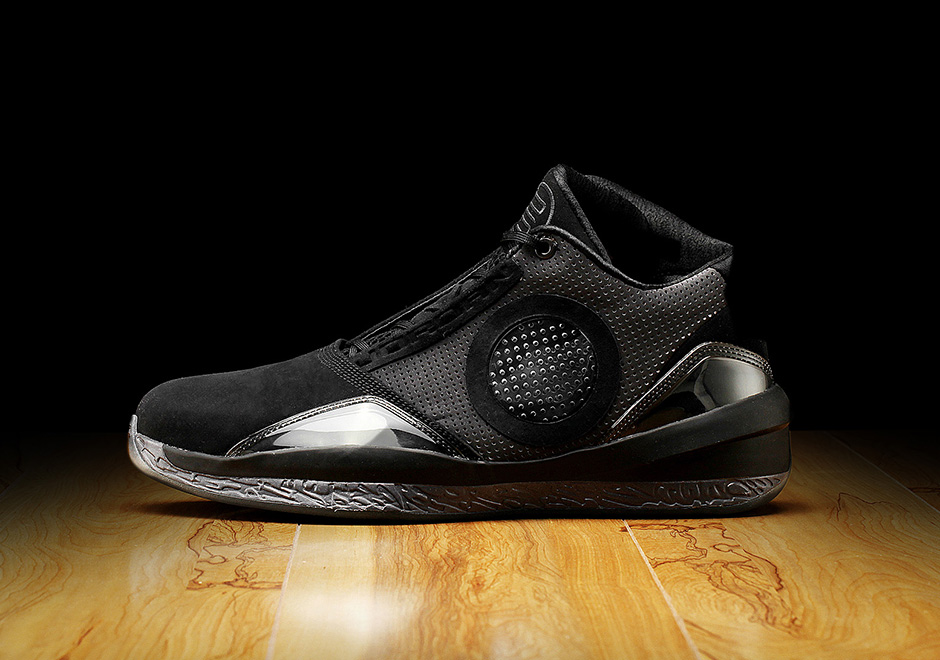
The Basics
The Air Jordan 2010 debuted at retail on February 13, 2010 in the ‘Black/Varsity Red/White’ colorway. Four more general release colorways followed throughout the year, including ‘Black/University Blue’, ‘White/Varsity Red/Black’, an all-black edition, and the silver 25th Anniversary colorway. The AJ 2010 also released in two modified versions, which we’ll get to a bit later.
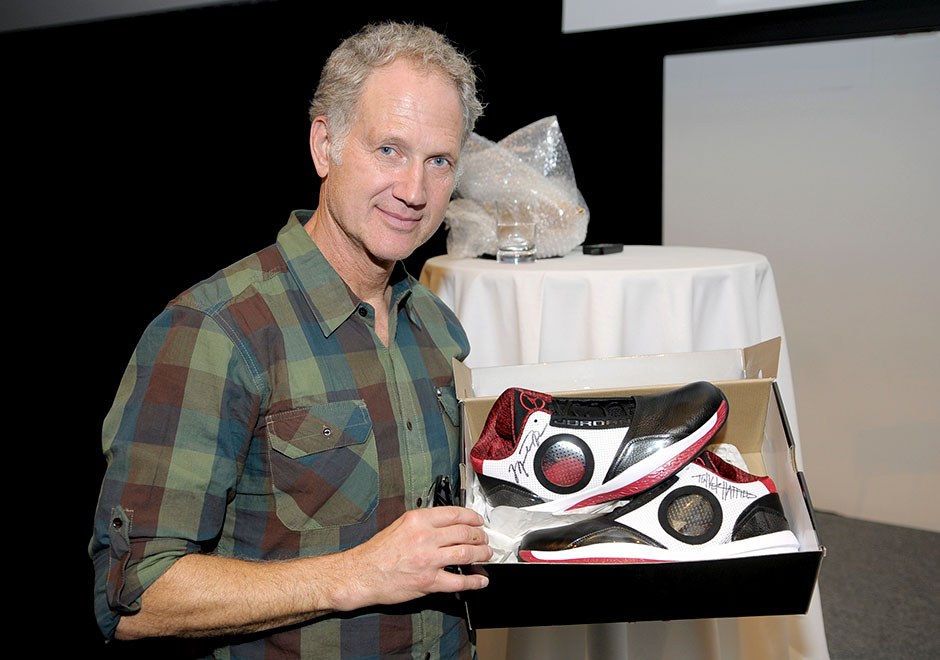
Tinker Strikes Again
The dynamic duo of Tinker Hatfield and Mark Smith—the brains behind the design of the Air Jordan XX and XX3—were back again for the 2010. They delivered a bold and memorable design once more, with the sleek silhouette built in luxurious leather featuring an unorthodox clear TPU window right through the midfoot. Despite what you thought about the window, once you put a pair of the Air Jordan 2010 on, you were an instant fan thanks to their ultra comfortable foot-hugging feel cushioned with full-length bottom-loaded Zoom Air. Whether the look of the AJ 2010 was successful is still often debated, but nobody can deny that Tinker and Mark crafted one of the best-playing Air Jordans ever. And isn’t that what it’s really all about?
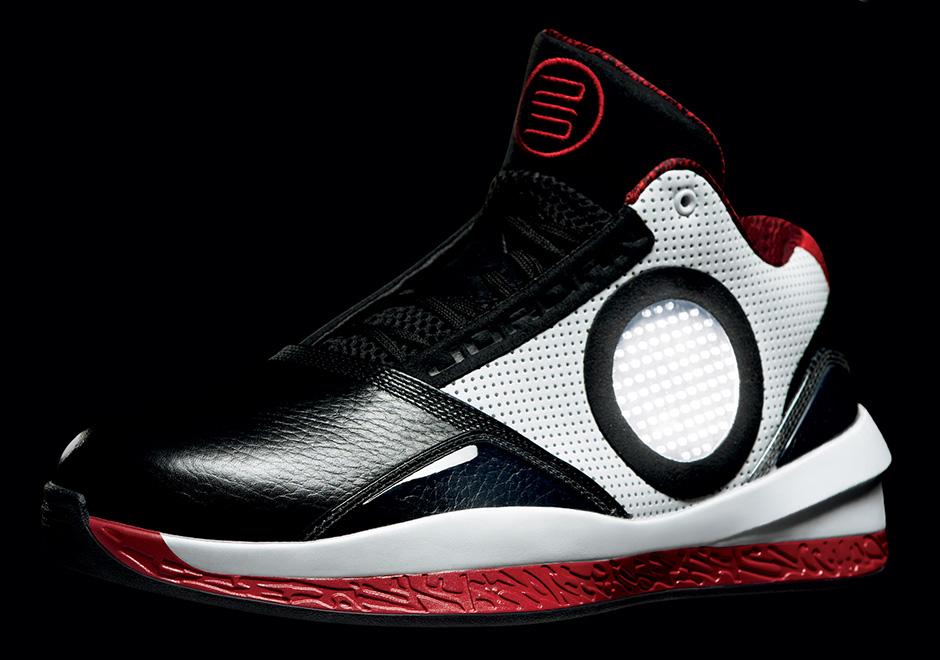
The Window
Tinker’s inspiration for the unusual see-through window was taken from Michael Jordan’s game on the court—the way he would often let opposing players think he was exposing a move to them, but then switch it up at the last second to keep the defense off balance and catch them by surprise. This concept of transparency was translated into the clear windows, which like Michael’s game allow a look inside, but without seeing everything.
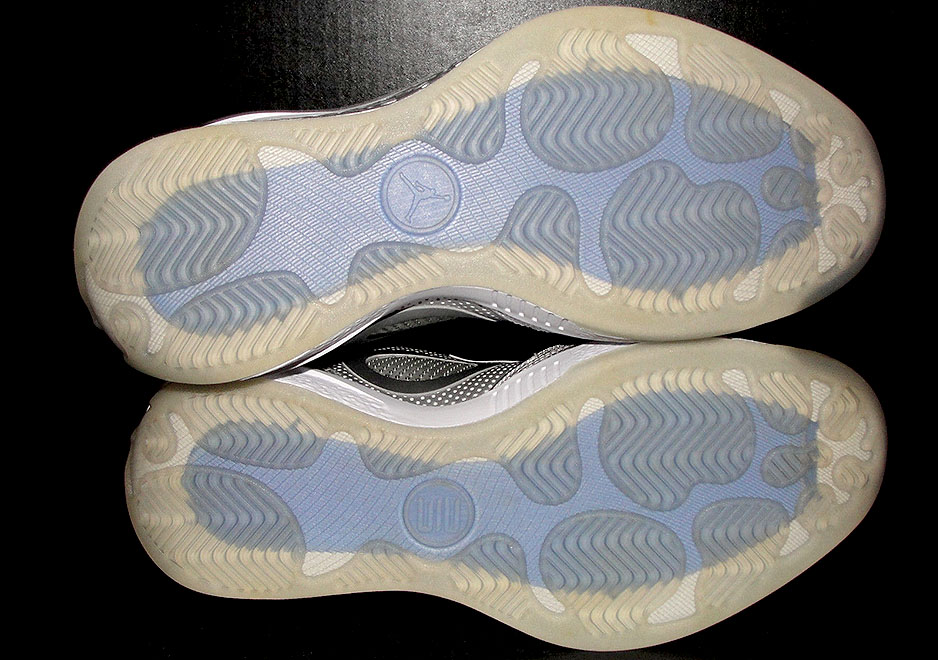
Transparent Tech
The theme of transparency continued on in other parts of the shoe besides the clear windows, as the Zoom Air unit was visible through the clear outsole. Inspired by Nike’s running shoe tech, the full-length Zoom Air is bottom-loaded, which gives the shoe a lower-to-the-ground and more responsive, faster feel on the court. The tech continues up top with an independent forefoot cover, which consisted of a one-piece leather panel that satisfied Michael Jordan’s known preference for a clean toe, while also increasing the shoe’s durability and allowing smooth, natural movement at the foot’s flex point. Perhaps as a callback to the Air Jordan V, the upper also features an asymmetrical collar to better fit the wearer’s ankle. Extended outsole outriggers were added to help prevent ankle roll.
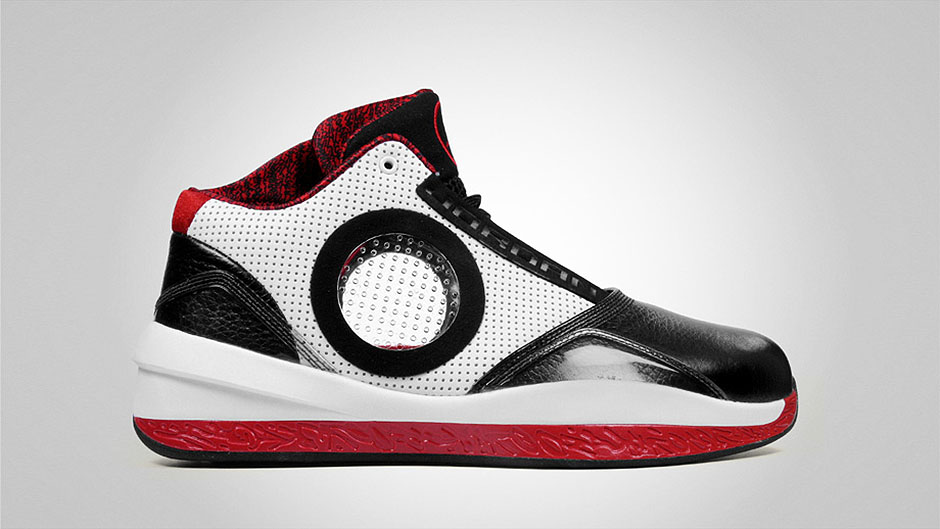
Little Details
Like many Air Jordans, the 2010 featured some intricate details that you might not notice right away. As a nod to Michael’s roots, every colorway included a Carolina blue colored foam insole, which peaked above the medial side window just enough to always be seen. Looking like just an abstract scribble texture on the midsole and insole upon first glance, the design is in fact a text graphic of Jordan’s famous quote, “I’ve failed over and over and over again in my life. And that is why I succeed.” Good luck trying to decipher it, though.
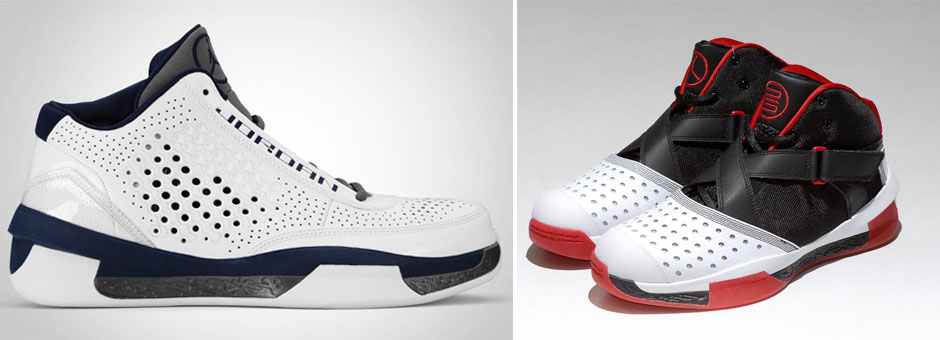
Two Alternate Versions
Along with the initial versions, the Air Jordan 2010 was followed up later in the year by two modified constructions. First was the lower-priced Air Jordan 2010 Team, which was basically the same shoe, but without the clear windows (replaced by perforated holes) and a more traditional toe box construction. Next came the Air Jordan 2010 Outdoor, beefing up the durability for the asphalt and adding supportive cross straps à la Tinker’s classic outdoor hoops shoe, the Nike Air Raid. This gave consumers three distinct options for the Air Jordan 2010: the luxurious flagship model, the utilitarian team shoe, and the rugged outdoor warrior.
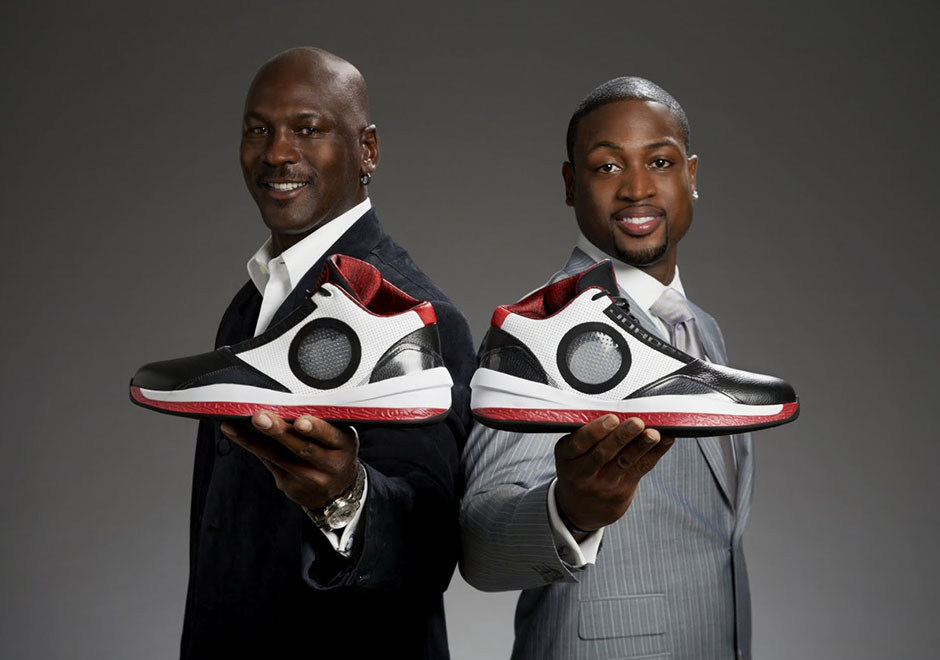
Dwyane Wade
Switching from Converse to Jordan Brand in 2009, Dwyane Wade took the reigns for the Air Jordan 2010, debuting the shoe on court becoming the face of the shoe’s marketing campaign. This would be the first time—even after retirement—that the Air Jordan campaign was officially led by a player other than Michael Jordan himself.
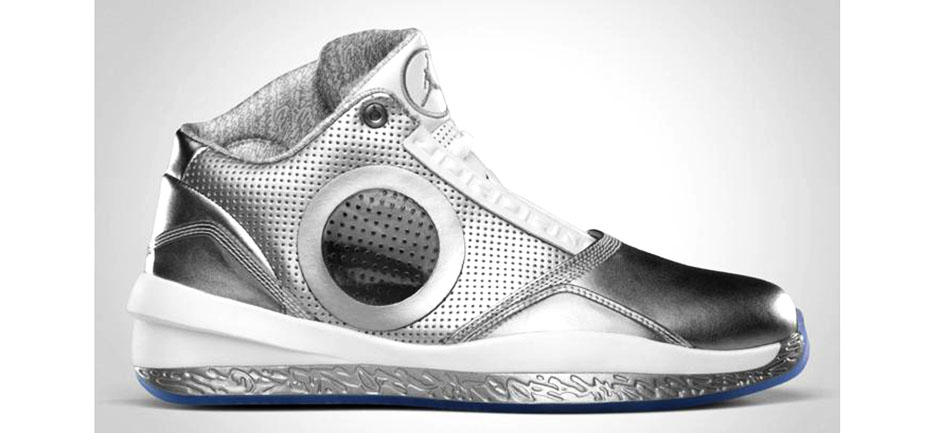
25th Anniversary
Twenty-five years in, Tinker Hatfield and Mark Smith aimed to create an Air Jordan shoe that not only honored the legacy of the brand, but also looked towards the future. This was achieved by an innovative, bold, and futuristic look that also made performance a high priority. The final product may be a love-it-or-hate-it shoe aesthetically, but that only makes it all the more memorable. And if other polarizing sneaker designs have shown us anything, it’s that they often become classics further down the road. Will the Air Jordan 2010 eventually become known as another one of Tinker’s masterpieces? Or will it forever be loved predominantly by those who laced up a pair to actually play in? Let’s give it a few more years and see what happens.

